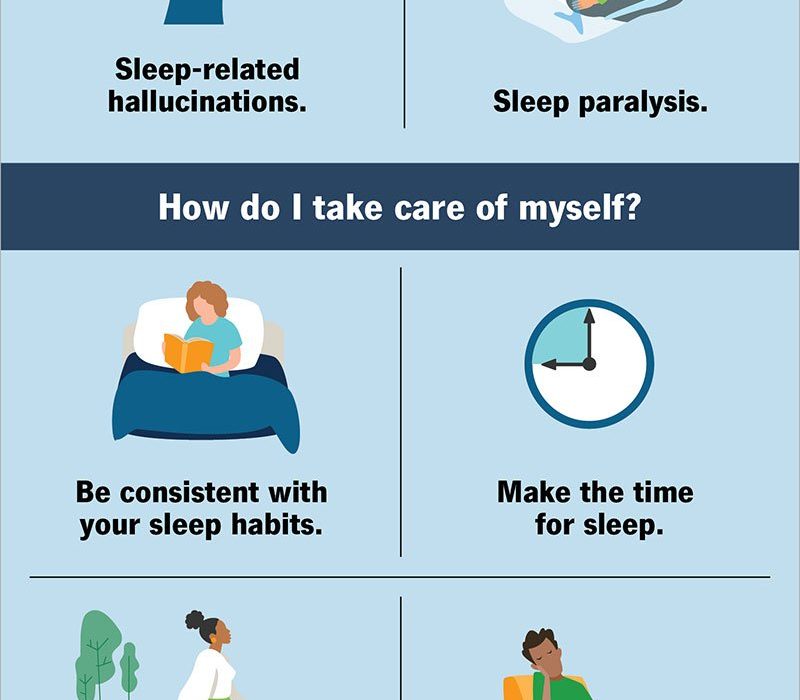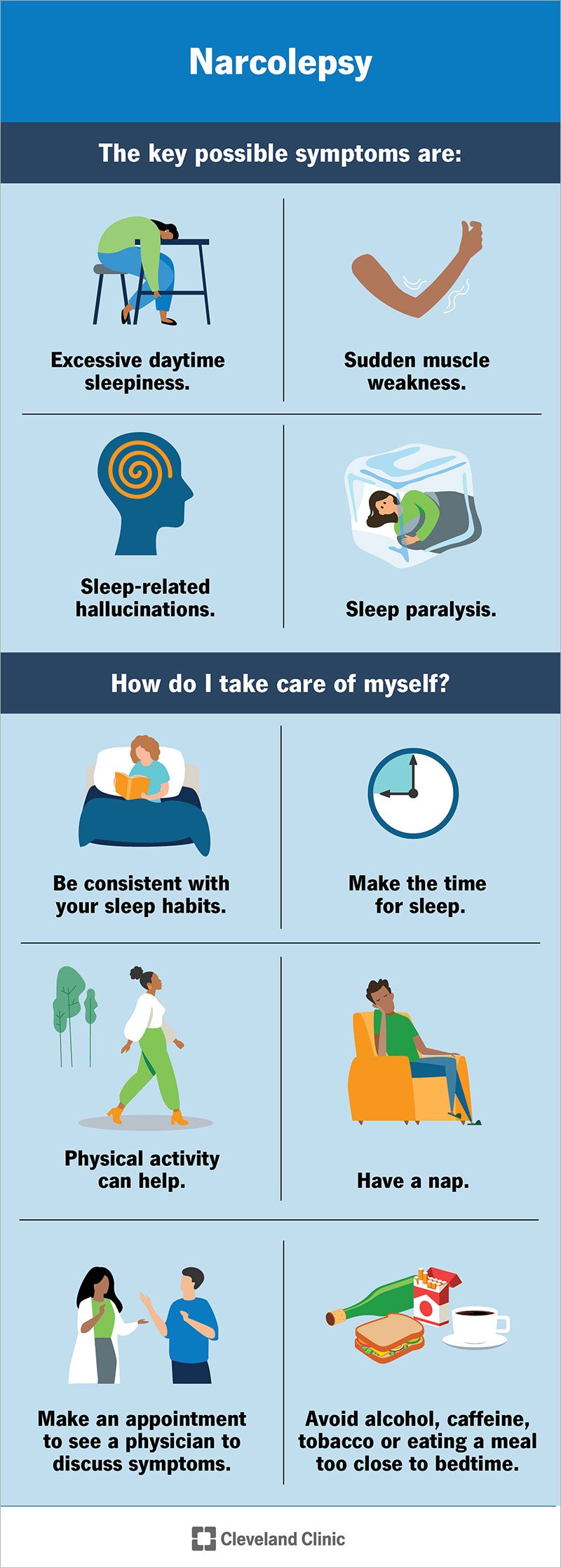If you’ve ever found yourself nodding off at inappropriate times or struggling with excessive daytime sleepiness, you may have wondered if there’s a larger underlying sleep disorder at play. One such condition that comes to mind is narcolepsy. But is narcolepsy linked to other sleep disorders? Let’s dive into this fascinating topic and explore the connections between narcolepsy and other conditions in the realm of sleep.
When it comes to understanding the relationship between narcolepsy and other sleep disorders, it’s important to recognize that sleep is a complex and interconnected system. While narcolepsy is a distinct disorder characterized by sudden and uncontrollable bouts of sleepiness, it does have some connections to other sleep conditions. For instance, there is evidence to suggest that narcolepsy can coexist with other disorders such as sleep apnea, restless legs syndrome, and even insomnia. These overlapping conditions can complicate the diagnosis and management of narcolepsy, making it crucial to explore the potential links between them.
In conclusion, the world of sleep disorders is often intertwined, and narcolepsy is no exception. While narcolepsy stands out with its unique symptoms and characteristics, it can also be connected to other sleep conditions. By understanding these connections, healthcare professionals can provide more comprehensive care and individuals affected by sleep disorders can gain a deeper insight into their own experiences. So, if you suspect you may have narcolepsy or are struggling with excessive sleepiness, it’s important to consult a healthcare professional who can help you navigate the complex landscape of sleep disorders.
Is Narcolepsy Linked to Other Sleep Disorders?
Narcolepsy is a neurological disorder characterized by excessive daytime sleepiness and sudden, uncontrollable episodes of falling asleep. It affects approximately 1 in 2,000 people worldwide and can have a significant impact on daily life. While narcolepsy is a distinct sleep disorder, there is evidence to suggest that it may be linked to other sleep disorders.
The Link Between Narcolepsy and Sleep Apnea
One sleep disorder that has been found to be associated with narcolepsy is sleep apnea. Sleep apnea is a condition in which a person’s breathing is repeatedly interrupted during sleep, leading to brief awakenings throughout the night. This can result in daytime sleepiness and fatigue, similar to the symptoms experienced by individuals with narcolepsy.
Research has shown that there is a higher prevalence of sleep apnea in individuals with narcolepsy compared to the general population. In fact, studies have found that up to 40% of individuals with narcolepsy also have sleep apnea. The exact nature of the relationship between these two disorders is still not fully understood, but it is thought that there may be shared underlying factors that contribute to the development of both conditions.
The Role of Hypocretin
One possible explanation for the link between narcolepsy and sleep apnea is the involvement of a neurotransmitter called hypocretin. Hypocretin is responsible for regulating wakefulness and sleep, and a deficiency in this neurotransmitter is believed to be the primary cause of narcolepsy.
Interestingly, studies have found that individuals with sleep apnea also tend to have lower levels of hypocretin compared to those without sleep apnea. This suggests that there may be a common underlying mechanism that affects both disorders. Further research is needed to fully understand the relationship between hypocretin and the development of narcolepsy and sleep apnea.
The Connection Between Narcolepsy and Insomnia
Another sleep disorder that is often associated with narcolepsy is insomnia. Insomnia is characterized by difficulty falling asleep, staying asleep, or experiencing poor-quality sleep. While narcolepsy and insomnia may seem like opposite ends of the sleep disorder spectrum, they can coexist in some individuals.
Research has shown that there is a higher prevalence of insomnia symptoms in individuals with narcolepsy compared to the general population. It is thought that the disrupted sleep patterns and excessive daytime sleepiness associated with narcolepsy can contribute to the development of insomnia symptoms. Additionally, individuals with narcolepsy may experience anxiety or depression, which are common risk factors for insomnia.
The Impact of Comorbid Sleep Disorders
Having multiple sleep disorders, known as comorbid sleep disorders, can have a significant impact on an individual’s overall sleep quality and daytime functioning. For individuals with narcolepsy, comorbid sleep disorders such as sleep apnea and insomnia can exacerbate their symptoms and make it even more challenging to manage their condition.
It is important for individuals with narcolepsy to receive a comprehensive sleep evaluation to identify and address any comorbid sleep disorders. This may involve undergoing a sleep study to assess their sleep architecture and breathing patterns, as well as monitoring their sleep habits and daily routines.
In conclusion, while narcolepsy is a distinct sleep disorder, there is evidence to suggest that it may be linked to other sleep disorders such as sleep apnea and insomnia. Further research is needed to fully understand the underlying mechanisms and the impact of comorbid sleep disorders on individuals with narcolepsy. Identifying and addressing these comorbid sleep disorders is crucial for optimizing sleep quality and overall well-being in individuals with narcolepsy.
Key Takeaways: Is narcolepsy linked to other sleep disorders?
- Narcolepsy is often associated with other sleep disorders.
- Commonly linked sleep disorders include sleep apnea and restless leg syndrome.
- Individuals with narcolepsy may also experience insomnia or sleep paralysis.
- There is a genetic component to narcolepsy, making it more likely to occur in families with a history of sleep disorders.
- Proper diagnosis and treatment of narcolepsy and any coexisting sleep disorders is essential for managing symptoms and improving quality of life.
Frequently Asked Questions
What other sleep disorders are commonly linked to narcolepsy?
Narcolepsy is often associated with other sleep disorders, including:
1. Sleep apnea: This is a condition where breathing repeatedly stops and starts during sleep. People with narcolepsy may also experience sleep apnea, which can further disrupt their sleep patterns.
2. Insomnia: Narcolepsy can sometimes coexist with insomnia, which is characterized by difficulty falling asleep or staying asleep. This combination can lead to excessive daytime sleepiness and disrupted nighttime sleep.
How does narcolepsy interact with sleep-related movement disorders?
Narcolepsy can also be linked to sleep-related movement disorders, such as restless legs syndrome (RLS) and periodic limb movement disorder (PLMD). RLS causes uncomfortable sensations in the legs, often relieved by movement, while PLMD involves repetitive leg movements during sleep. These movement disorders can disrupt sleep and exacerbate the symptoms of narcolepsy.
It is important for individuals with narcolepsy to be aware of these potential associations and seek appropriate treatment for both the narcolepsy symptoms and any coexisting sleep-related movement disorders.
Can narcolepsy be linked to parasomnias?
Yes, narcolepsy can sometimes be linked to parasomnias, which are abnormal behaviors or experiences during sleep. Examples of parasomnias include sleepwalking, sleep talking, and night terrors. While the exact relationship between narcolepsy and parasomnias is not fully understood, there have been reported cases of individuals with narcolepsy experiencing these sleep disturbances.
If you have narcolepsy and also experience parasomnias, it is important to discuss these symptoms with your healthcare provider for appropriate evaluation and management.
Are there any connections between narcolepsy and circadian rhythm disorders?
Circadian rhythm disorders, such as delayed sleep-wake phase disorder and advanced sleep-wake phase disorder, involve disruptions in the internal body clock that regulates sleep-wake cycles. While there may be some overlap in symptoms, narcolepsy and circadian rhythm disorders are distinct conditions.
However, individuals with narcolepsy may experience difficulties in maintaining a regular sleep-wake schedule due to their excessive daytime sleepiness and unpredictable sleep attacks. It is important to address both the symptoms of narcolepsy and any underlying circadian rhythm disorders for optimal management.
Is there a genetic link between narcolepsy and other sleep disorders?
There is some evidence to suggest a genetic link between narcolepsy and certain other sleep disorders. For example, certain genetic variations have been associated with both narcolepsy and sleep apnea. However, more research is needed to fully understand the genetic factors that contribute to these conditions and their potential interplay.
If you have a family history of narcolepsy or other sleep disorders, it may be beneficial to discuss this with your healthcare provider, as it could inform your diagnosis and treatment approach.
Narcolepsy (NORD) – causes, symptoms, diagnosis, treatment, pathology
Final Thoughts
After exploring the topic of narcolepsy and its potential links to other sleep disorders, it is clear that there is a significant overlap between narcolepsy and several other conditions. While narcolepsy is a distinct disorder characterized by excessive daytime sleepiness and sudden loss of muscle control, it often coexists with other sleep disorders such as sleep apnea, restless leg syndrome, and insomnia. This connection highlights the complexity of sleep disorders and the need for comprehensive evaluation and treatment.
Understanding the relationship between narcolepsy and other sleep disorders is crucial for effective diagnosis and management. Identifying and addressing these comorbidities can lead to improved outcomes and better quality of life for individuals with narcolepsy. By considering the broader sleep context and addressing any underlying conditions, healthcare professionals can provide more holistic care and tailored treatment plans.
In conclusion, while narcolepsy is a distinct sleep disorder, it is not uncommon for it to be linked to other sleep disorders. Recognizing and addressing these connections is essential for comprehensive management. By continuing to advance our understanding of these interrelationships, we can enhance the care and support available for individuals with narcolepsy and other sleep-related conditions. So, if you suspect you or someone you know may have narcolepsy, it is important to seek professional medical advice to receive an accurate diagnosis and appropriate treatment.




